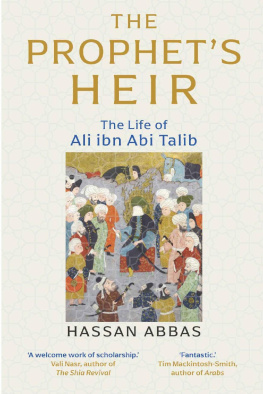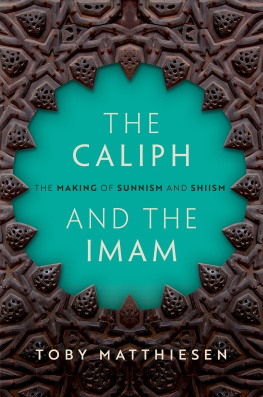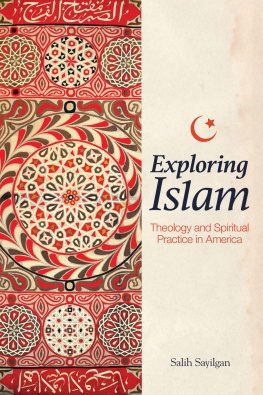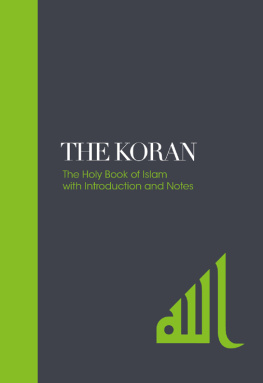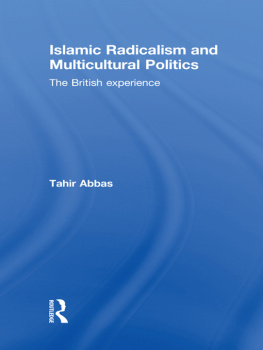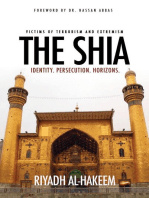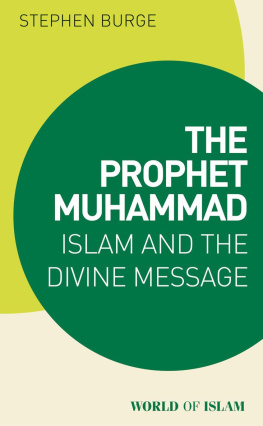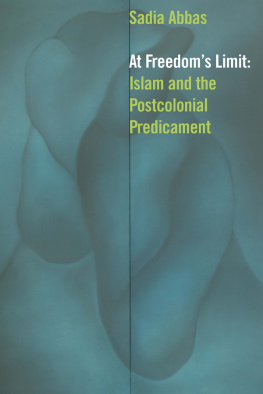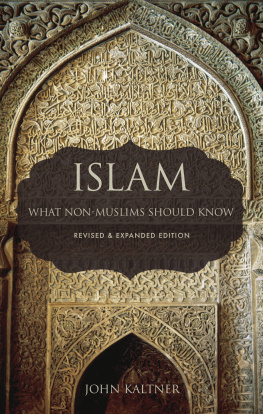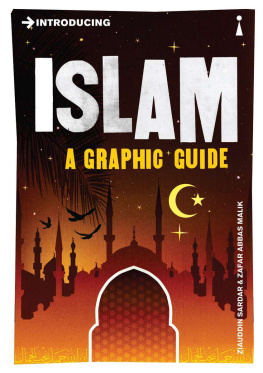THE PROPHETS HEIR

Copyright 2021 Hassan Abbas
All rights reserved. This book may not be reproduced in whole or in part, in any form (beyond that copying permitted by Sections 107 and 108 of the U.S. Copyright Law and except by reviewers for the public press) without written permission from the publishers.
For information about this and other Yale University Press publications, please contact:
U.S. Office:
Europe Office:
Set in Minion Pro by IDSUK (DataConnection) Ltd
Printed in Great Britain by TJ Books, Padstow, Cornwall
Library of Congress Control Number: 2020949560
ISBN 978-0-300-2945-5
A catalogue record for this book is available from the British Library.
10 9 8 7 6 5 4 3 2 1
For my father Ghulam Abbas, a teacher par excellence, who inspired me to pursue knowledge and seek the truth

CONTENTS

ILLUSTRATIONS
Plates
Figures
Maps
Note on Jacket Illustration
A sixteenth-century illustrated leaf from the work of Muhammad ibn Suleyman (14951556), popularly known as Fuzuli. The painting depicts Imam Ali ibn Abi Talib and his Council. It appears in Hadikat al-Suada (Garden of the Blessed), written by Fuzuli during the reign of the Ottoman sultan Suleyman the Magnificent, c. 1547. Fuzuli, an Azerbaijani hailing from a Turkic Oghuz tribe Bayat, was a poet and an intellectual. He was fluent in Arabic, Persian and Azerbaijani, and well versed in astronomy and mathematics. He lived mostly in Baghdad and was a frequent visitor to the shrine of Ali in Najaf drawing mystical inspiration. Known also as a poet of love, his spiritual poetry was popular across the region. His legacy is that of inclusiveness, linking Azerbaijani, Persian and Arabic literary traditions and bridging Sunni and Shia beliefs. Several locations in Azerbaijan, including streets, squares and institutions, are named after him.

GLOSSARY
Ahl al-Bayt | the Prophets family and household, especially Ali, Fatima, Hasan and Hussain |
Amir al-Mumineen | Commander of the Faithful |
Ansar | helpers: members of Medinas clans who converted to Islam |
Ashura | the tenth day of the Islamic month of Muharram when Muslims (especially Shia) mourn the martyrdom of Alis son Hussain at the battle of Karbala |
Banu Hashim | the clan of Prophet Muhammad descending from his ancestor Hashim |
Banu Umayya | the clan of Abu Sufyan, Muawiya and Yazid descending from their ancestor Umayya |
Caliph | the successor to Prophet Mohammad and the temporal leader of the Muslim community |
Companions | the first generation of Muslims, those who followed and supported the Prophet and remained loyal to him |
Fitna | sedition, trial and civil strife |
Hadith | the words and deeds attributed to Prophet Muhammad, sometimes translated as traditions of the Prophet |
Hajj | the pilgrimage to Makkah |
Hanif | pre-Islamic Arab monotheist (following Abrahams tradition) |
Hilf al-Fudul | meaning league or alliance of the virtuous a social contract between various Makkan tribal leaders and businessmen to pursue justice for all members of the society |
Ibn | means son of, and bint means daughter of |
Imam | for Shia, divinely inspired leader of the community; for Sunni, it refers to leader of prayer in a mosque, and also used for religious authority (such as four founders of Sunni schools of jurisprudence) |
Irfan | spiritual awareness or mystical knowledge |
Kaaba | the ancient religious sanctuary at Makkah that was rededicated to Allah (God) by the Prophet |
Kharijites | literally seceders, so named as they seceded from Alis army subsequent to arbitration at Siffin. Condemning the decision, and Alis approach, with the dictum Judgement belongs to God alone, they attacked and killed any who disagreed with their position |
Maula | Master, protector, friend or guide depending upon context |
Muhajirun | emigrants who accompanied the Prophet from Makkah to Medina |
Nahj al-Balagha | an eleventh century collection of Alis sayings, letters and sermons compiled by Sayyid Razi |
Nasibi | one who displays hostility towards the family of the Prophet, and especially Ali |
Quraysh | the rulers of Makkah in pre-Islamic Arabia; the tribe to which the Prophet belonged |
Shia | literally meaning followers: the shortened form of Shiat Ali, followers of Ali, believing that Ali should have been the Prophets successor as first caliph and that he was also a divinely appointed Imam |
Sirat Rasul Allah | earliest biography of Prophet Muhammad written by ibn Ishaq (d. 767) |
Sufism | mystical tradition of Islam |
Sunni | denotes the group that emulates the Prophets practice, and maintains that the Prophets succession process for Caliph Abu Bakr and later caliphs was legitimate |
Tawhid | oneness of God |
Ummah | the Muslim community (and in a broader sense including religious minorities living with Muslims) |
Wahhabism | ideological following of Muhammad bin Abd al-Wahhab (170392), an ultra-conservative Arab preacher |
Wali | friend, guardian and protector |
Walayah | spiritual authority and guardianship |
Wilayah | guardianship |
Zakat | mandatory alms given to the Muslim community and distributed to the poor |
Zamzam | a freshwater spring located about 20 meters from the Kaaba |
Zulfiqar | famous sword of Ali presented to him by Prophet Muhammad |

TIMELINE: THE HISTORY OF ISLAM
570 CE | Birth of Prophet Muhammad |
Year of the Elephant, Abrahas attack on Makkah |
| Death of Abd al-Muttalib, the Prophets grandfather |
Prophet Muhammad adopted by uncle Abu Talib and his wife Fatima bint Asad |
Next page
